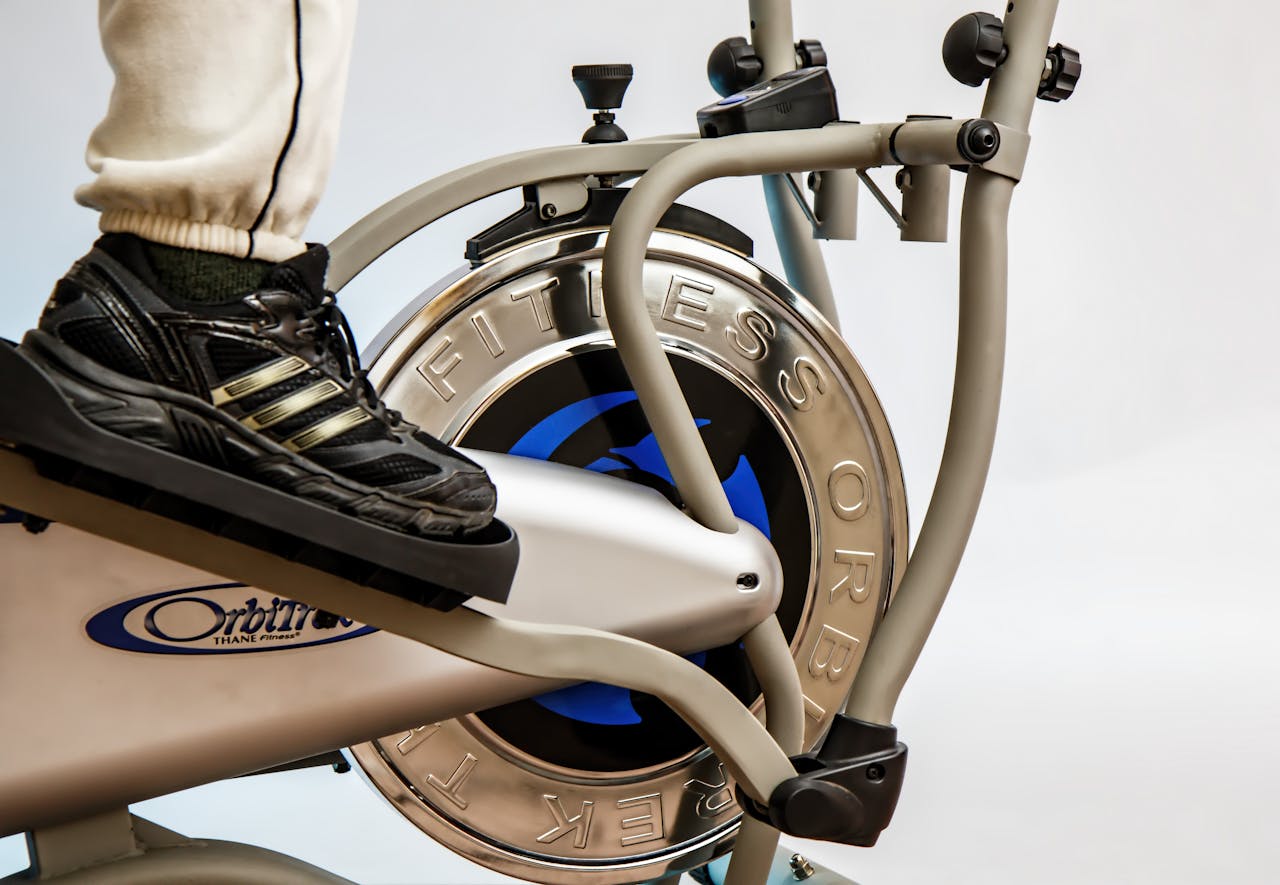Welcome to the American wellness illusion
If you're insured in the United States, you already know: staying healthy isn't a personal goal—it's a corporate strategy. Not yours. Your insurer's. Your step count, sleep hours, and heart rate aren't about making you better—they're about keeping you cheaper.
That's why we have wellness perks: points for mindfulness webinars, sleep tracking with a smart watch, and coaching apps to breathe properly. But these aren't gifts. They're an exchange. You give data. They give discounts. And ideally, you never end up in a hospital.
Retail health: Now with HR emails
While Europeans get actual money for preventative care, we Americans get:
- HR emails inviting us to join "Move-More Challenges" with stock photos of smiling joggers
- Ten-dollar Amazon credits for sleeping eight hours a night for a week
- Reward points for downloading apps that say broccoli is better than bacon
Insurers? Oh yes, they’re onboard. UnitedHealthcare, Cigna, Aetna—they all run wellness programs. Cigna Wellbeing gives you points for sleeping. Humana Go365 for breathing (almost literally). Vitality integrates with Apple Watch, doling out small incentives for hitting step goals.
And what do you get? Not cash. Not real care. You get:
- Coupons for overpriced fitness gear
- Minor premium discounts—usually after you’ve paid thousands in deductibles
- A false sense of control, which vanishes the moment you get seriously ill
Algorithmic compassion
Need surgery? An MRI? A specialist referral? Your wellness score won’t help. The algorithm decides. And its favorite word? Denied. You'll hear phrases like "medically unnecessary" while navigating appeals, paper trails, and chatbots designed to deflect. In this system, empathy is a miscalculation.
The murder that triggered too much care
In 2025, the entire illusion cracked. UnitedHealthcare CEO Brian Thompson was murdered—yes, murdered—and the company, facing nationwide outrage and a Senate report on mass denials, suddenly started approving more treatments. It seemed like a long-overdue course correction. A trace of humanity.
But on Wall Street, compassion is a liability. A class action suit—led by investor Roberto Faller—alleged that UnitedHealthcare permitted "too much care" post-murder and failed to warn investors about this radical behavior: acting like an actual insurer. BlackRock, the company’s biggest shareholder with nearly 10%, wasn't a named plaintiff, but it certainly wasn’t clapping from the sidelines. United’s stock plunged over 22%, wiping out $119 billion in market value. All because—for a brief moment—the company did what it was supposedly designed to do: insure people.
“If you approve too many cancer treatments, you become a liability.”
— From the 2025 class action suit filed by Roberto Faller against UnitedHealth Group, following public backlash after the CEO's murder and a brief shift toward increased care approval.
Bonus points, no safety net
These wellness programs end exactly where real care begins. Keep people moving, optimistic, digitally engaged—but far from actual services. As long as you're running, meditating, uploading and behaving, you're profitable. But need help? Your step count won't matter. The system doesn’t want you dead—it wants you low-risk.
So yes, the U.S. has health incentives. But they're not for your well-being. They're for their bottom line. They're not gratitude—they're actuarial strategy. And when you're denied coverage? That’s not an error. That’s your role in the business plan.
Stay fit. Or stay invisible.
Next time your HR department invites you to a wellness initiative, remember what they’re really saying: Stay fit. Stay compliant. And if you can't? Stay quiet. Because once you stop jogging and start needing help, the algorithm won’t care how many kale smoothies you logged.
Sources: US News: "UnitedHealth Sued by Shareholders Over Its Reaction to Backlash From Executive's Killing" and: Medium. com: "BlackRock is Suing UnitedHealth for Giving “Too Much Care” to Patients After the CEO was Murdered"













